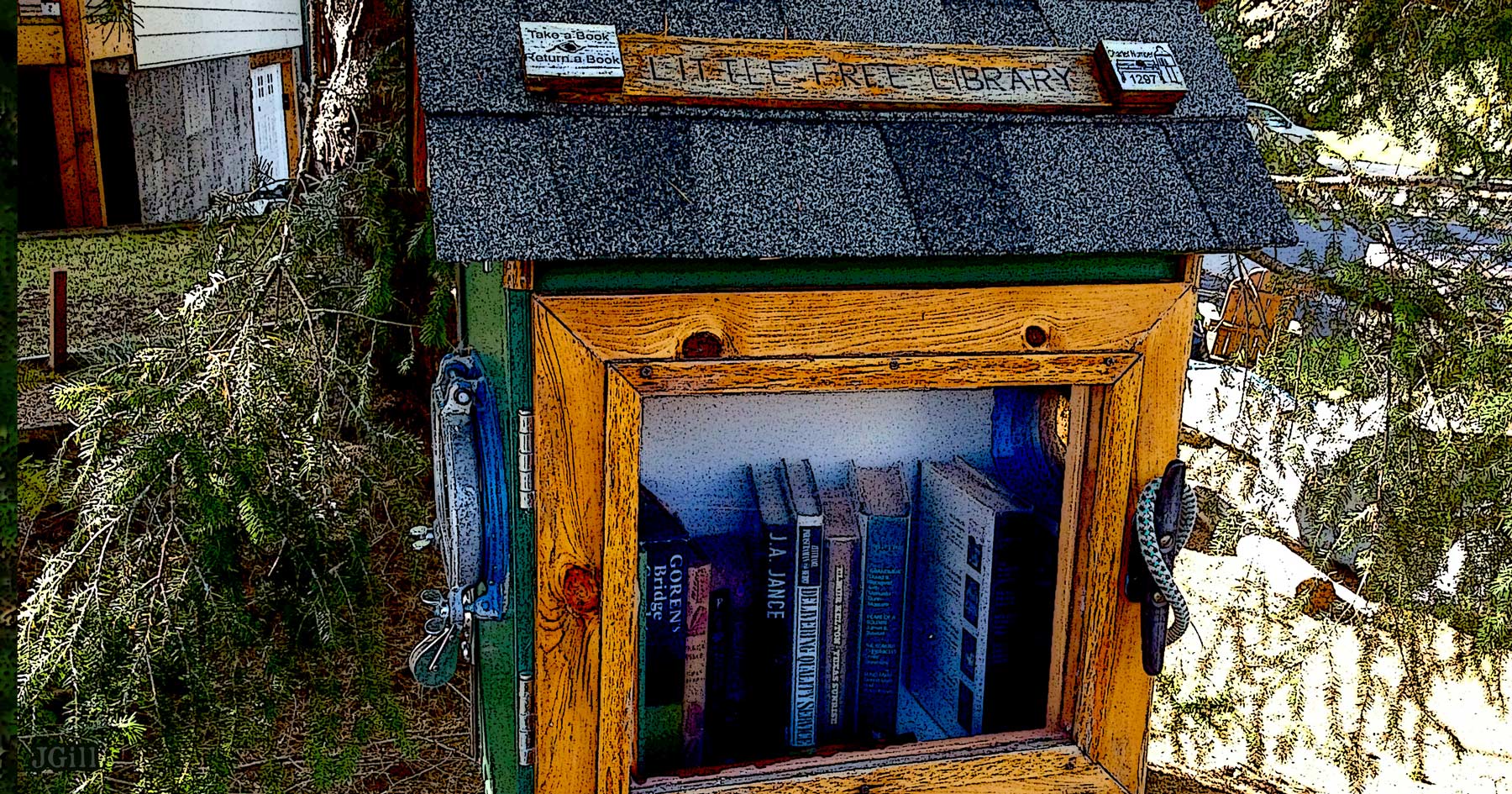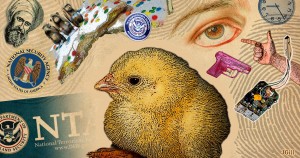If you try to compare those police who take people’s money and property through civil asset forfeiture laws to burglars, who rob folks in more traditional ways, you are just not being fair.
To the burglars.
The Institute for Justice recently released an updated Policing for Profit report showing that federal asset forfeiture topped $5 billion in 2014. The FBI disclosed that in that same year $3.5 billion of value was lost in burglaries.
Then, folks did the math.
Steven Greenhut’s piece at reason.com was headlined, “Cops Now Take More Than Robbers.”
At The Washington Post Wonkblog, Christopher Ingraham explained there was an especially big haul in seized assets in 2014, including $1.7 billion from Bernie Madoff. Moreover, the dollar figure for burglary doesn’t include larceny, motor vehicle theft, etc. All such theft combined totaled more than $12 billion that year.
So, law enforcement isn’t stealing quite as much from citizens as the criminals they are supposed to be protecting us from are. Sort of a backhanded compliment, though.
Recent polling finds more than 70 percent of Americans opposed to seizing assets without a criminal conviction, i.e. innocent until proven guilty, but taking cash and cars and stuff from folks never charged with or convicted of a crime has become a big business for “our” government.
When legislation to mildly reform civil forfeiture failed recently in California, Mr. Greenhut called legislators’ votes “about money, not justice.” Ferocious lobbying by the California District Attorneys Association and the California Police Chiefs warned money-grubbing legislators that budgets would take an $80 to $100 million hit.
Theft is apparently quite lucrative. Who knew?
This is Common Sense. I’m Paul Jacob.












